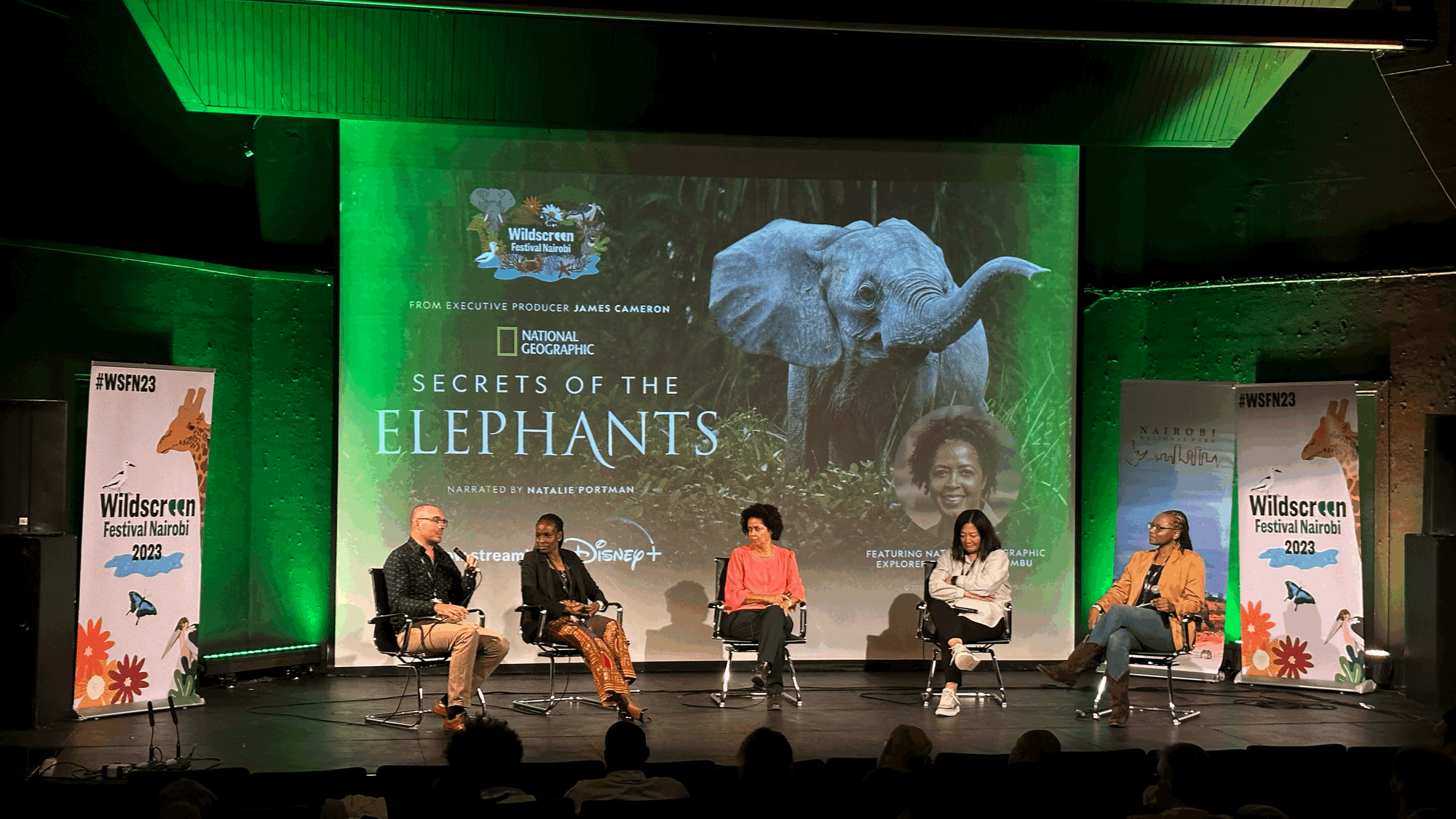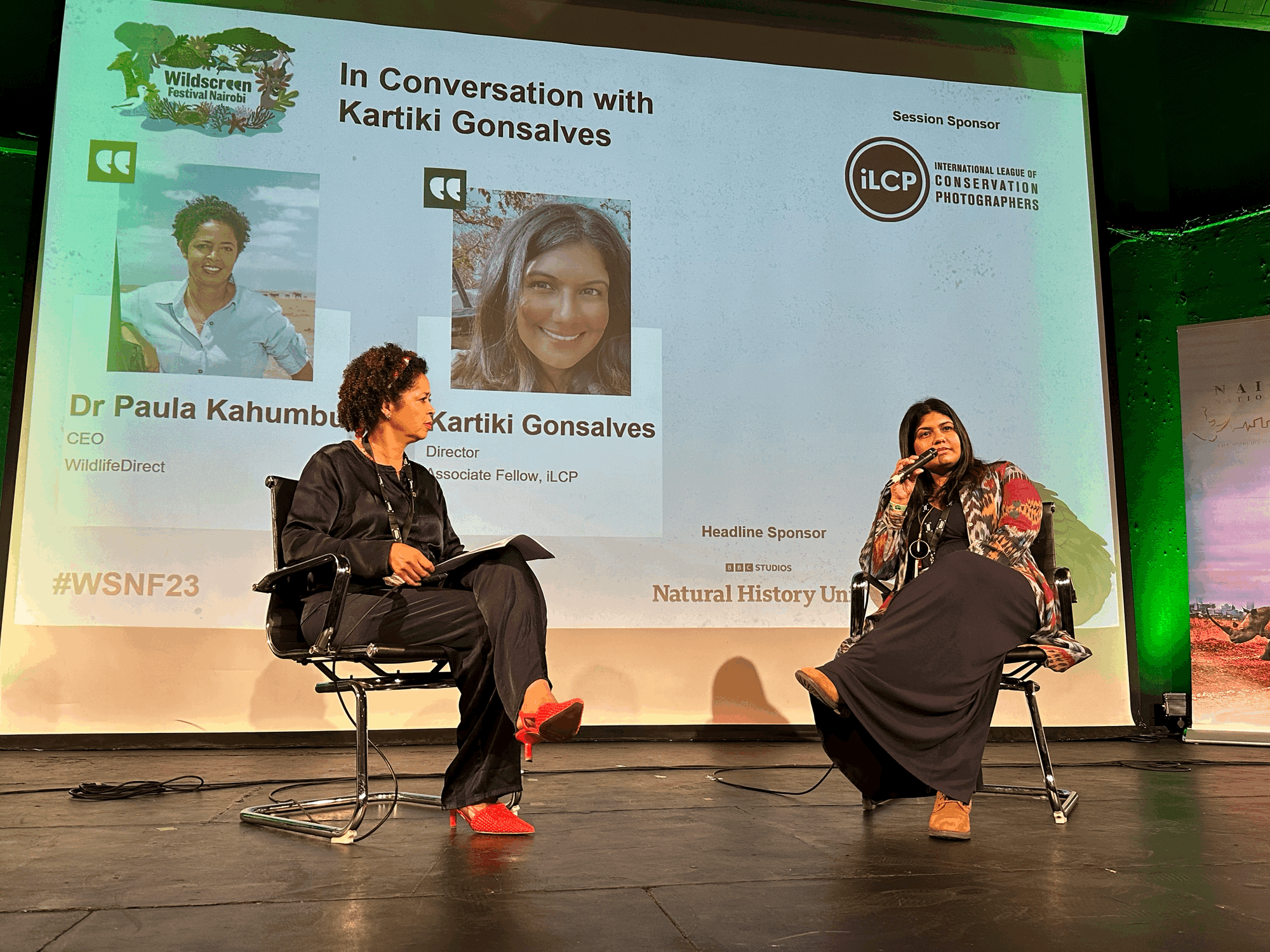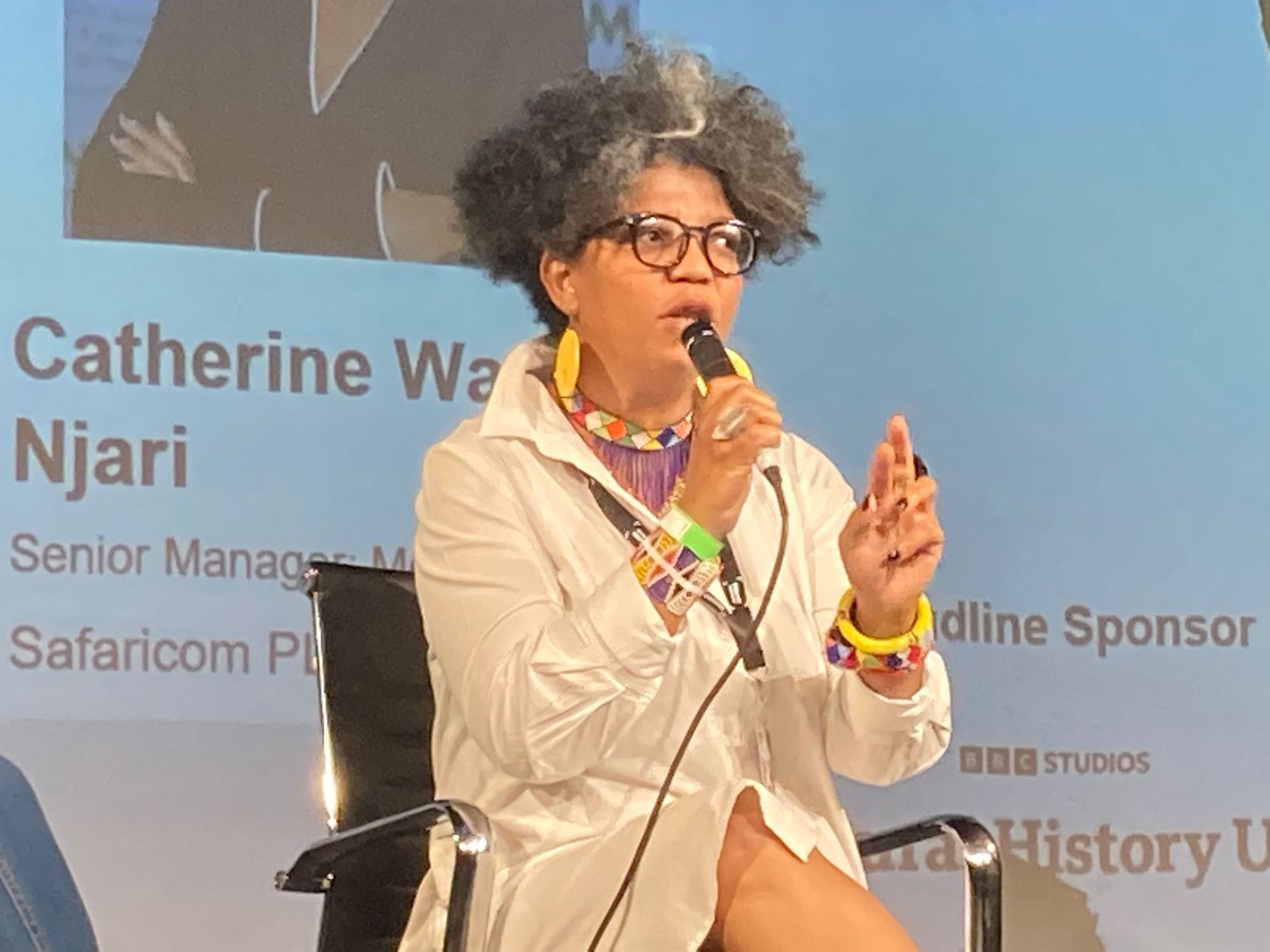Wildscreen Nairobi reveals an Untapped Goldmine of Opportunities for African wildlife filmmakers
The Wildscreen Festival in Nairobi served as a catalyst for change, bridging the gap between African wildlife filmmakers and their global counterparts.

As the curtains fell on the first Wildscreen Film Festival in Africa held in Nairobi, it became evident that Africa's wildlife film industry possesses an untapped potential that is both awe-inspiring and transformative. The overwhelming success of this event, organized by British not for profit Wildscreen, and sponsored by BBC, with a Festival Advisory Board representing the Kenya Wildlife Service, African Wildlife Foundation, WildlifeDirect, the Kenya Film Commission, the Pridelands Film Festival, the British High Commmission, National Geographic, BBC, Sivlerback Producitons, Wild Star and others, served as a wake-up call to the world, showcasing the immense interest and talent that exists within the continent.
The organizers initially chose a modest 200-seat venue at the Alliance Francaise, unsure of the response we would receive. To our astonishment, tickets were snatched up at a remarkable pace, leaving hundreds of filmmakers and wildlife storytellers from across Africa scrambling to secure their spot. This surge of enthusiasm and the palpable energy that filled the festival surpassed even the international wildlife film festivals that boast much larger audiences.
The intense audience attention and energy for the content which included an opening by the Kenya Wildlife Service and the Principle secretary for the State Department of Tourism and Wildlife, Silvia Museiya, panel discussions, interviews, the premier of Secrets of the Elephants in Kenya among other screenings, a wildlife photo exhibition, vision boarding, a field filming session with RED, a pitch competition, mentoring, masterclasses in filming, editing and networking events.
However, despite the undeniable success and demand for such events, during the planning, it was a struggle to drum up support from local partners - we are grateful to Porini Game Watchers, the Chandaria Family Foudation, and Save the Elephants who all contributed cash. In a country renown for it's wildlife and conservation successes, it was surprising that most organizaitons have not yet embraced wildlife flmmaking as relevant, or important for education, conservation, to the local media companies, or to the economies of African nations.
The Wildscreen Festival in Nairobi however, served as a catalyst for change, bridging the gap between African wildlife filmmakers and their global counterparts. For the first time, African talent shared the stage and outnumbered the industry giants from esteemed organizations like National Geographic, Wildstar, Silverback and the BBC Natural History Unit. The panel discussions on craft, talent, gear, financing films, and impact ignited conversations about the challenges faced by the African wildlife film industry, and the opportunities for capacity building, partnerships and coproductions. Representation and participation on stage from South Africa, Zambia, Tanzania, Uganda, and Rwanda was particularly notable. These discussions were a testament to the vast potential that awaits exploration.

The success of Wildscreen Nairobi was beyond our wildest imaginatino. I am enormously hopeful because Africa's demographic bulge presents an extraordinary opportunity for the global film industry. Our continent is young! We possess an abundance of creative people poised to be unleashed into storytelling of wildlife, breathtaking landscapes, culture and diverse ecosystems which holds immense allure for both local and international audiences. With the right support and investment, Africa's wildlife film industry could become a beacon for economic growth, job creation, tourism, wildlife conservation, and climate change action.
By underestimating the interest and undervaluing the African demographic bulge, international partners have for decades missed a golden opportunity. I believe that Africa holds the key to the growth and development of the global wildlife film industry. It is time to recognize the unique stories and perspectives that African filmmakers bring to the table. Their creativity, passion, and deep understanding of the continent's wildlife can create a wave of captivating content that resonates with audiences worldwide.

Investing in the African wildlife film industry is not just about entertainment; it is a means to inspire, educate, and foster a deeper connection between humans and the natural world. By harnessing the power of film, we can cultivate a sense of wonder, instill a love for nature, and drive positive change in the realm of wildlife conservation.
We are inviting our conservation organizations, corporations, banks and governments to step forward to support the growth of Africa's wildlife film industry. By doing so, they will unlock a wealth of opportunities, not only for economic development but also for raising awareness about pressing environmental issues and nurturing a generation of conservationists. Failure to do so now will suffocate the immense potential that lies within the wildlife film industry, not only for Africa but also for the global stage.
Let us seize this moment and recognize the tremendous value that Africa holds for the global wildlife film industry. Together, we can unleash the true potential of this untapped goldmine, creating a brighter future for both Africa's wildlife and the world at large.
To partner in next years festival which will tap into this energy and will be much bigger, longer and much more impctful, please contact me on info@wildlifedirect.org Subject Wildlife Film Festival
Dr. Paula Kahumbu Global Advocate for the Development of the Wildlife Film Industry in Africa